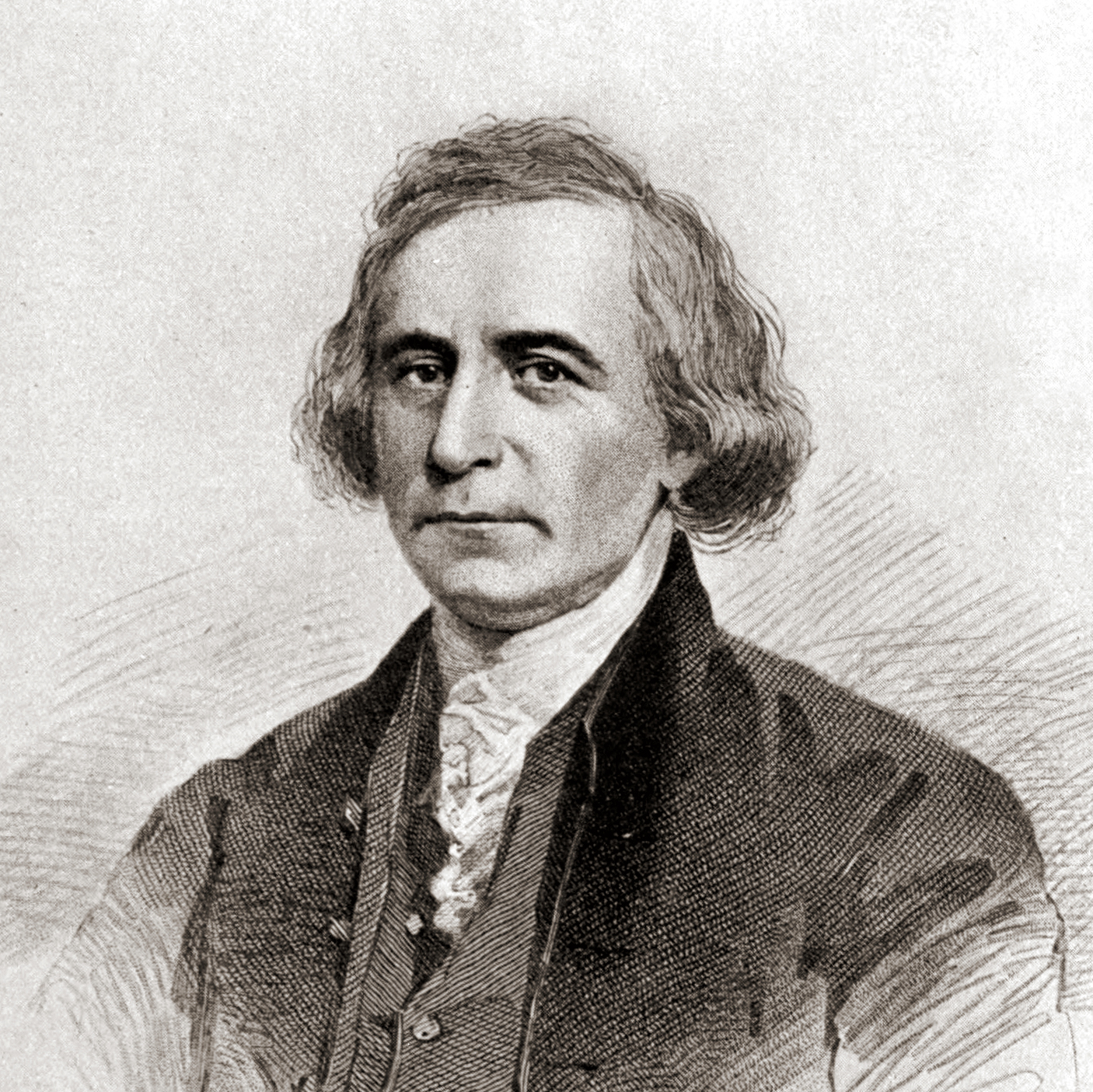At York, Virginia
Hail, great destroyer (equalled yet by none)
Of countries not your master's, nor your own;
Hatched by some demon on a stormy day,
Satan's best substitute to burn and slay;
Confined at last, hemmed in by land and sea,
Burgoyne himself was but a type of thee!
Like his, to freedom was your deadly hate,
Like his your baseness, and be his your fate:
To you, like him, no prospect Nature yields,
But ruined wastes and desolated fields
In vain you raise the interposing wall,
And hoist those standards that, like you, must fall,
In you conclude the glories of your race,
Complete your monarch's and your own disgrace.
What has your lordship's pilfering arms attained?—
Vast stores of plunder, but no State regained—
That may return, though you perhaps may groan,
Restore it, Charley, for 'tis not your own—
Then, lord and soldier, headlong to the brine
Rush down at once—the devil and the swine.
Wouldst thou at last with Washington engage,
Sad object of his pity, not his rage?
See, round thy posts how terribly advance
The chiefs, the armies, and the fleets of France;
Fight while you can, for warlike Rochambeau
Aims at your head his last decisive blow,
Unnumbered ghosts from earth untimely sped,
Can take no rest till you, like them, are dead—
Then die, my Lord; that only chance remains
To wipe away dishonourable stains,
For small advantage would your capture bring,
The plundering servant of a bankrupt king.
Cornwallis arrived in Virginia from his Southern campaign early in the summer of 1781, and immediately began with extreme vigor to subjugate that State. His cruelty and severity were exceptional, even in the annals of war. "The Americans of that day," says Bancroft, "computed that Cornwallis, in his midsummer marchings up and down Virginia, destroyed property to the value of three million pounds sterling."

